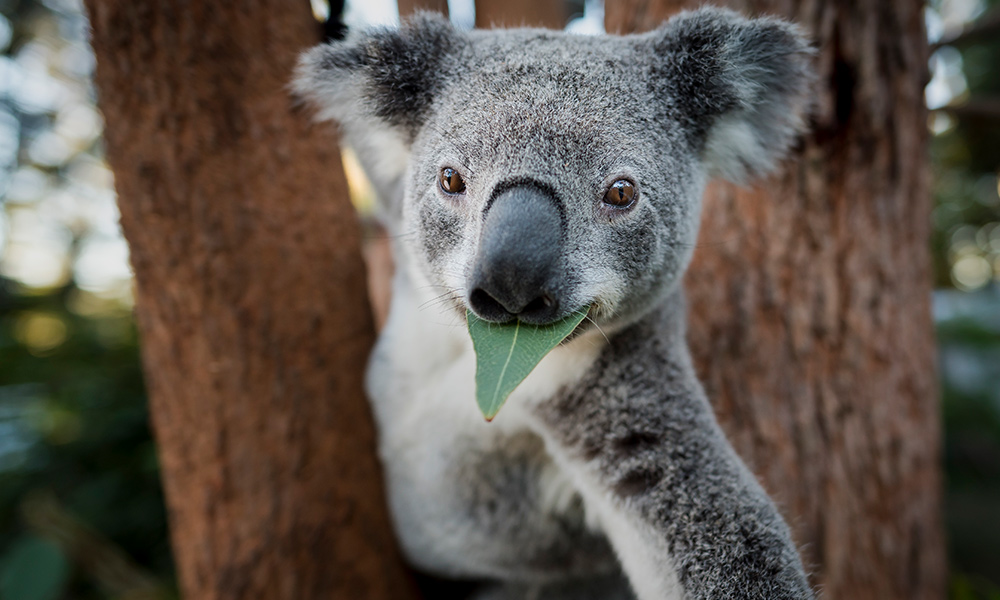It is home to one of the widest and densest forms of wildlife, apart from being an enchantingly beautiful land consisting of pretty much everything there’s to one’s imagination: including lakes, rivers, mountains, and even deserts and a splendorous coral sea life. There’s never a dull day in Australia- home to hundreds and thousands of alligators, kangaroos, ostriches, and whatnot! Accept, one of the riddles the nation has been straddling with for a while happens to be how to save Koalas.
One unique aspect of Australian wildlife is the presence of the cute and rather non-intimidating Koala beers. But for the longest time, a concern dominating Down Under has been how to save Koalas.
The Koala bears are cute, tiny, cuddly, extremely friendly and now fraught with danger. Something that has contributed to them falling down the marginal line of existence is their fussy eating habits. That everyone wants to save the Koala beers is clear but how to save Koalas hadn’t yet been found, until now.
A team of Australian scientists has found a rather interesting solution to save the endangered beers. It appears that by feeding them poo, the Australian scientists have sort of reached a breakthrough to protect an animal whose fussy eating habits leaves it vulnerable to habitat loss.
A team of researchers used fecal transplants in the form of orally ingested capsules to alter the microbes in the marsupials’ guts, thus allowing them to eat a wider range of eucalypts.

The work carried out by them was described in a recent study published in the journal Animal Microbiome on Tuesday, August 27, 2019.
Michaela Blyton of the University of Queensland’s School of Chemistry and Molecular Biosciences, the paper’s lead author, said she was inspired to act after a devastating drop in the population of koalas in Cape Otway in Victoria.
A news report on the developing story published by NDTV shared the following:
“In 2013, the koala population reached very high densities, leading them to defoliate their preferred food tree species, manna gum,” Blyton said.
This, in turn, led to a 70 percent mortality due to starvation — but they did not start feeding on a less preferred tree species called messmate even though some koalas feed only on messmate.
“This led me and colleague Dr. Ben Moore at Western Sydney University to wonder if the microbes present in koalas’ guts — their microbiomes — were limiting which species they could eat and if we could allow them to expand their diet with fecal inoculations,” said Blyton.
It appears that the Koalas may have some natural trouble in adapting to new diets especially at a time when their usual food trees either become over-browsed or move to a new location.
That the encapsulated fecal material successfully leads to the creation of microbes in Koalas guts may now be the next obvious step to adapt in order to save their conflicted existence.
And one supposes that maybe that time is not far when other countries will also learn from Australia’s startlingly resourceful example.


